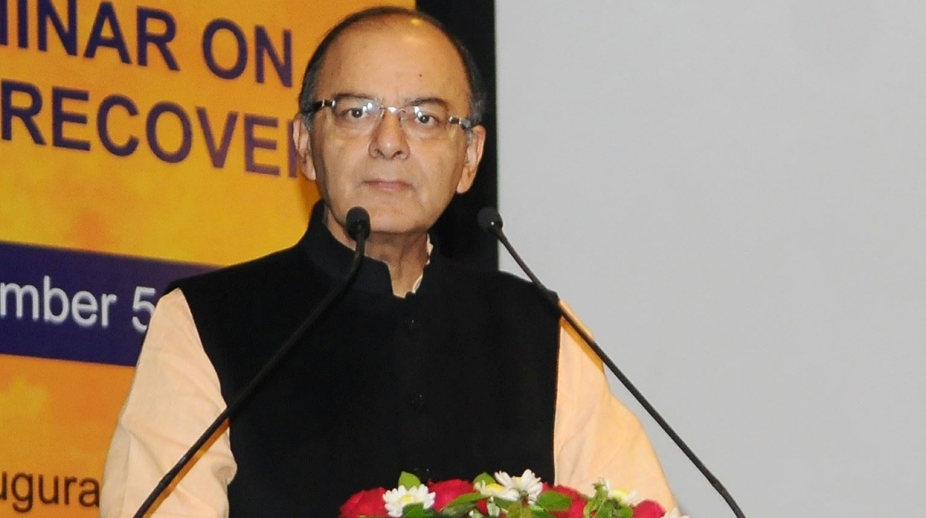A Survey Decoded
Offering rare insights in the Government’s economic thinking and giving a snapshot of the Indian Economy, together with a SWOT analysis, every word of the Economic Survey is precious to serious students of economics.

Union Finance Minister Arun Jaitley (PHOTO: Facebook)
Union Finance Minister Arun Jaitley on Monday said that the idea of universal basic income mooted by the Economic Survey was food for thought and added that the Centre and states need to develop a consensus on it.
"It (universal basic income) is a thought for the future. Need a consensus between Centre and states," Jaitley told CNBC Awaaz in an interview.
Advertisement
"We give subsidies. The entitlement of subsidies is for the poor. World-over, it is the thought that ending the subsidies, we can target the poor households and put a certain money in their bank accounts," he added.
Advertisement
Economic Survey 2016-17 advocated a Universal Basic Income (UBI) scheme as an alternative poverty reduction mechanism in place of various ongoing social welfare programmes.
The Survey, authored by Chief Economic Advisor Arvind Subramanian, pitched for a scheme to transfer a reasonable basic income to Indians below the poverty line based on a survey on misallocation of resources, which showed that districts where needs are the greatest are precisely those where state capacity is the weakest.
The survey's findings suggest that a more efficient way to help the poor would be to provide them resources directly, through a UBI.
Subramanian has earlier said that it would entail making an unconditional cash transfer of about Rs 10,000-Rs 15,000 a year to every citizen and could replace more than 1,000 schemes the government runs for poverty elimination.
Jaitley, speaking on widening the tax base, said that reduction of tax rate from 10 per cent to five per cent for the first slab of income between Rs 2.5 to 5 lakh was done with the intent of bringing more people into the tax net.
"People who have not been honest taxpayers, we have tried to bring them into the tax net. Honest taxpayer should be given rebates. We have tried to award honesty and penalise the evader," Jaitley said.
"We have tried to attract the taxpayer to come into the tax net by reducing the tax for first slab to only 5 per cent. Anyone who declares Rs 5-6 lakh income, will have to pay very less tax," he added.
There was the need to strengthen the middle class and neo-middle class i.e. people who have just entered the middle class, the Finance Minister said.
Advertisement